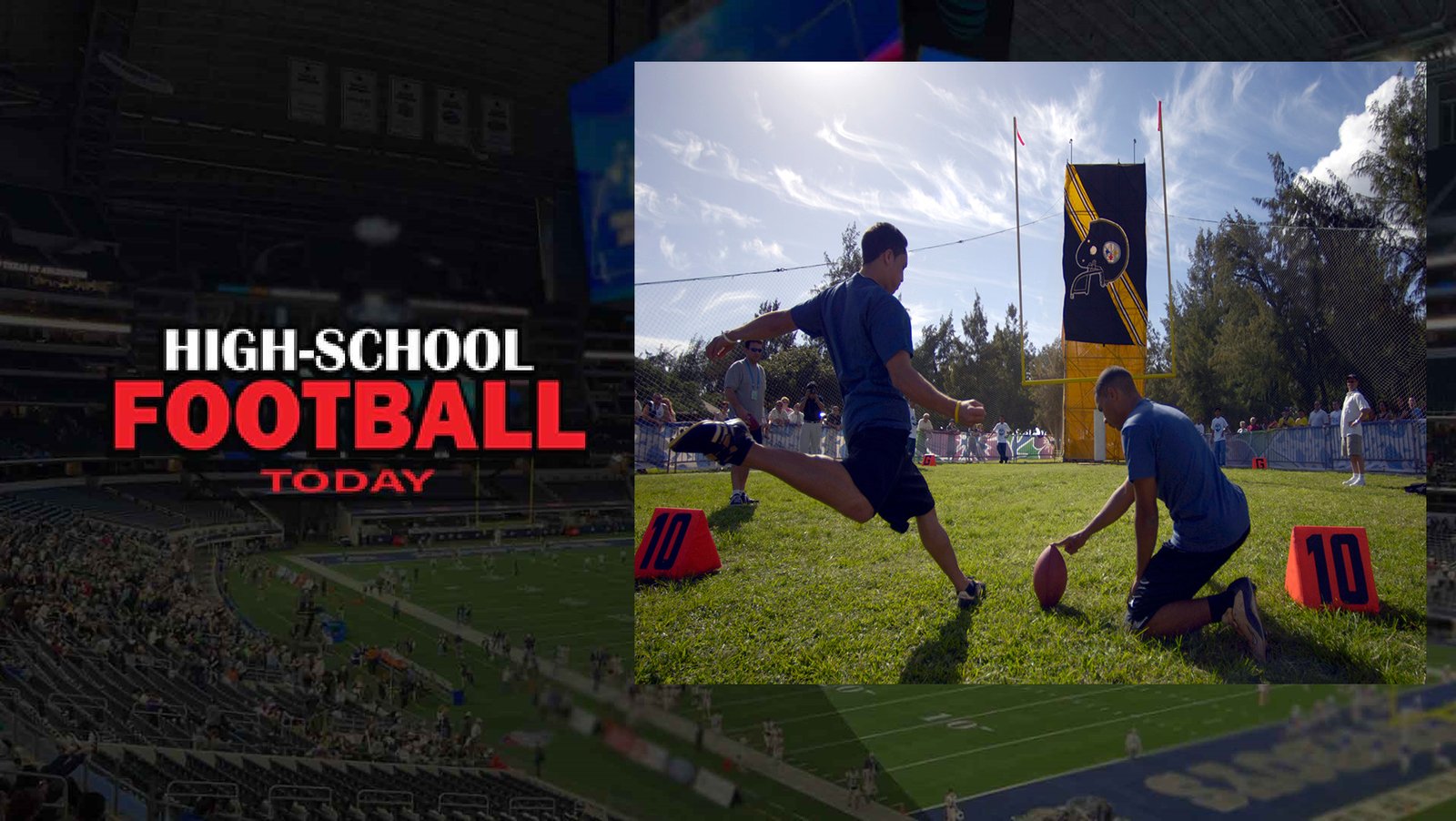In the world of football, all eyes are often on the quarterbacks, running backs, and wide receivers, as they create breathtaking plays and rack up points on the scoreboard. But what about the unsung heroes of the game? The ones who don’t always get the recognition they deserve, yet play an equally crucial role in determining the outcome of a match. Special Teams The Importance of Kicking and Punting.
Yes, we’re talking about the special teams – the ones responsible for kicking and punting the ball. In this article, we’ll take you through the importance of special teams and how they impact a football game.
What is Special Teams in High School Football?
In high school football, special teams refer to the specialized units responsible for kicking, punting, kick returns, and punt returns during a game. These units consist of players who handle specific tasks related to kicking and punting, and they contribute to a team’s success through field position, scoring, and strategic advantages.
While high school special teams may not always garner as much attention as offensive or defensive units, they play an essential role in the overall success of a football team, impacting field position, scoring opportunities, and game momentum.
Special teams in high school football are divided into four main categories:
Kickoffs
A football game commences with a kickoff, a crucial aspect of the special teams unit. A kicker from the kicking team will kick the ball from their 35-yard line to the opposing team, who’ll have a returner waiting to catch and run with the ball. A successful kickoff puts pressure on the receiving team by pushing them further back in their field position.
This makes it more challenging for them to move the ball forward and score points. The special teams’ coverage unit also plays an essential role, as they sprint down the field to tackle the returner, preventing a potential big play.
Punts
Punting, another important aspect of special teams, comes into play when an offense is unable to achieve a first down or score, and it is too far for a field goal attempt. The punter, a specialist in kicking the ball long distances, will stand approximately 15 yards behind the line of scrimmage and kick the ball as far as possible. Their goal is to flip the field position, making it more difficult for the opposing offense to score.
A skilled punter will aim to pin the opposing team deep in their territory, preferably inside their 20-yard line. This not only limits the opposition’s offensive options but also increases the likelihood of a mistake, such as a turnover or a safety. Moreover, the punter’s ability to kick the ball with a high hang time allows their coverage unit to race down the field and tackle the returner, preventing any significant yardage gains.
Field Goals
When an offense’s drive stalls, but they find themselves within a reasonable distance of the opponent’s end zone, the field goal unit is called upon. The field goal, a kick made between the uprights of the goal post, is worth three points and can often be a game-changer. Field goals can be attempted from various distances, with each yard added increasing the difficulty and decreasing the likelihood of success.
The field goal kicker must possess a strong and accurate leg, as a missed field goal could result in the opposing team gaining advantageous field position. In tight matches, a kicker’s accuracy and reliability can be the difference between winning and losing, which highlights the importance of their role within the special teams unit.
Extra Points
Extra points come into play following a touchdown. The scoring team has the option to attempt an extra point kick or a two-point conversion. The extra point kick, worth one point, requires the kicker to kick the ball through the uprights from the opponent’s 15-yard line. This might seem easy, but factors like wind, weather conditions, and pressure can impact the kicker’s accuracy.
A two-point conversion, worth two points, requires the offense to run or pass the ball into the end zone from the opponent’s two-yard line. While the rewards are higher, the risk of failure is also greater. The decision to go for an extra point or a two-point conversion lies with the coaching staff and can be influenced by the game situation, team strategy, and confidence in the special teams unit.
My Last Words
In conclusion, special teams play a vital role in football games that often goes unnoticed. The importance of kickoffs, punts, field goals, and extra points cannot be underestimated, as these seemingly secondary plays can significantly impact the course and outcome of a game. Skilled kickers and punters, along with their dedicated coverage units, can create advantageous field positions, limit the opposition’s offensive options, and contribute to the team’s overall point tally.
A strong and reliable special teams unit can be the deciding factor in tightly contested matches. Their performance, though not always in the spotlight, can make or break a game, further highlighting their importance in football. So, next time you watch a football game, pay attention to these unsung heroes and appreciate their crucial role in the exciting sport that we all love.
By understanding and recognizing the significance of special teams in football, fans can gain a more comprehensive perspective on the game and the intricacies that go into crafting a winning team.
As the saying goes, offense wins games, but defense wins championships. We can add that special teams are the backbone that helps a team achieve victory, one kick and punt at a time.

